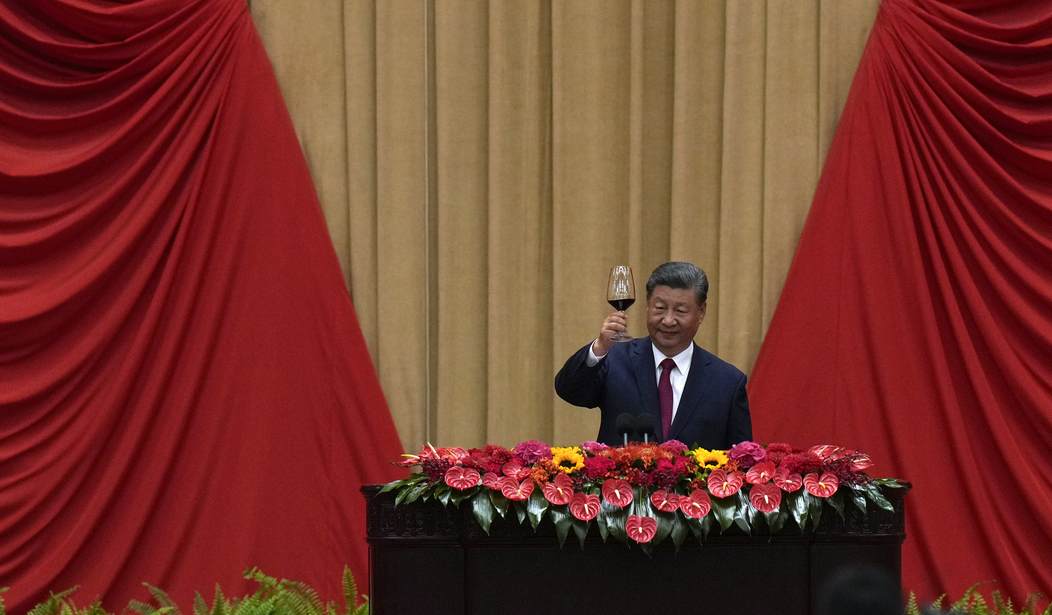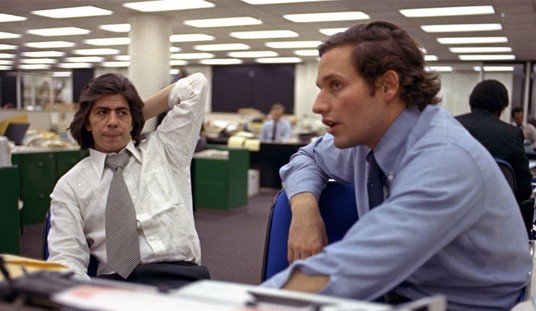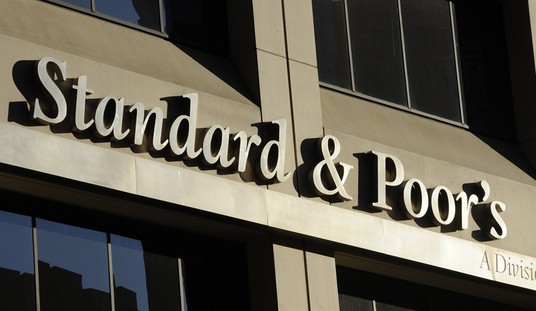China's system of crushing dissent internally through direct threats works pretty well. There's a reason why there are almost never any public protests in China and it's simple. If you protest, China will identify you and the police will come knocking no your door with some paper for you to sign. The paper will be an implied threat along the lines of if you agree not to stir up any further public conflicts and they won't arrest you and torture you.
And of course the same goes for all speech online. All of it is monitored and anyone critical of the government is quickly silenced. In that case the police don't have to come to your door because they can just delete whatever it was you said that they don't like. But if they don't like what you said or if it generates attention, the police will still come to your door.
Even the most powerful people in China, billionaires who have made huge fortunes in international trade, have learned the hard way how this works. If you say something critical of the government, there's no subtle hint or deference to your status. You just disappear. The police come and suddenly your family and friends don't know where you were taken or why exactly. And when you reappear weeks later, you have a brand new attitude about the wisdom of Xi Jinping and the communist party.
As totalitarian police states go, China has built a pretty solid one. No one gets away with anything for long because there are no alternate centers of power to appeal to, not the courts or public opinion. Both of those are controlled from the top down to reinforce the same message.
But there is one small problem with this system which really has created some problems for China. They can't control you if you're speaking from outside China. At least they can't control you as directly. But they still try.
There's an example of how that works that was just published today. It involves a Chinese businessman named H. (because he doesn't want his real name released) who was living in France when China decided he needed to come home in order to participate in a legal case against a former rival of Xi Jinping. In an effort to force him home, China charged him with crimes and then issued a red notice for him using Interpol.
The Chinese government issued a red notice for H through Interpol, the international police watchdog. This flagged him as a potential criminal to police forces around the world and meant he was unable to travel. “It is like a pin through a butterfly,” said Ted R Bromund, an expert witness in legal cases involving Interpol procedures. “It holds someone down, locks them in place so they can’t get away.”...
While other countries, including Russia, Turkey and Rwanda, have also been known to abuse the system, China’s tactics are different, according to experts. Instead of relying on extraditions, the Chinese authorities use Interpol to locate people and then they ramp up the pressure, threatening them and family members back home until the individual agrees to return “voluntarily”
China did fight in court to have H. extradited but the real effort wasn't the legal one (which H. won in a French court) it was the private one which consisted of calls from everyone he knew and threats to his family.
As H waited in France, trapped by the legal process the red notice had begun, he received calls from friends and security officials, in what his lawyers called “all-out psychological warfare”. Sometimes the tone was friendly, with promises that all charges would be dropped; other times it was more threatening.
Transcripts of the call with the deputy investigator of the unit prosecuting Sun, Wei Fujie, suggest he promised H that if he returned there would be “no prosecution now, plus the cancellation of the red notice”.
A friend called and told H: “Within three days your whole family will be arrested!” Days later, H’s sister was arrested in China.
The culmination of this effort to pressure him back to China came when H. received a call from Jack Ma, the Chinese billionaire who had gotten in trouble a few months earlier for some public criticism of China.
Gérard-Rodriguez, H’s lawyer, said: “We saw and learned publicly of Jack Ma’s disappearance … this man, thought to be untouchable, extremely powerful, extremely well-connected in every country in the world, disappeared completely for several months and then reappeared, pledging his allegiance to the Chinese Communist party.
Fresh off this disappearance, Ma warned that if H. didn't voluntarily return, China would destroy him.
Ma, co-founder of the sprawling Alibaba retail and technology empire, had himself only recently reemerged into public view. He had disappeared for three months after making a scathing speech in which he criticized Chinese financial regulators. As a result, the government abruptly nixed the stock market debut of his Ant Group, a financial technology firm, and forced its restructuring. Ma told H. that top officials at China’s anti-graft agency approached him with a peculiar mission: persuade H. to return voluntarily from France, court records show...
A prominent businessman in his own right, the 48-year-old H. owned a vineyard in Bordeaux in southwestern France and frequently appeared in Chinese tabloids beside his wife, Zhao Wei, a movie star turned business tycoon. Just a month before Ma’s call, French officers had arrested H. as he stepped off a private jet at the Bordeaux airport citing a red notice issued by Interpol against him at the request of Chinese prosecutors in the southern city of Dongguan...
“They’re using the Dongguan case as a pretext,” H. told Ma. “If I explain clearly what happened with Sun Lijun, they won’t pursue me anymore. Is that what they assured you? Right now I don’t believe anyone.”
“I think you don’t have any other choice,” Ma said. “Now they’re giving you a chance. If you don’t come back, they’ll definitely destroy you.”
And that is what happened. When he refused to return "voluntarily" China pressed for his extradition. But H. won his case in court and refused to return.
And then China destroyed him. His actress wife, who is a household name in China, was blacklisted and all of her films and TV shows were removed from the internet.
After the Bordeaux court rejected H.’s extradition, the businessman became engulfed in debts totaling about $135 million, according to Chinese media.
The Chinese government, meanwhile, ordered the removal of all films and television dramas featuring his famous wife, Zhao, from video streaming sites and social media platforms in China. The couple, once celebrated as one of the world’s wealthiest, quietly filed for divorce...
Resurfacing this past December, Zhao posted a message on Weibo, the popular social media platform where she has 83 million followers. She said she no longer wanted to be associated with her ex-husband, H.
China has a pretty successful police state within its border, but it's powerful enough to destroy anyone with business inside its border, even if they aren't personally there to be arrested and tortured.








Join the conversation as a VIP Member